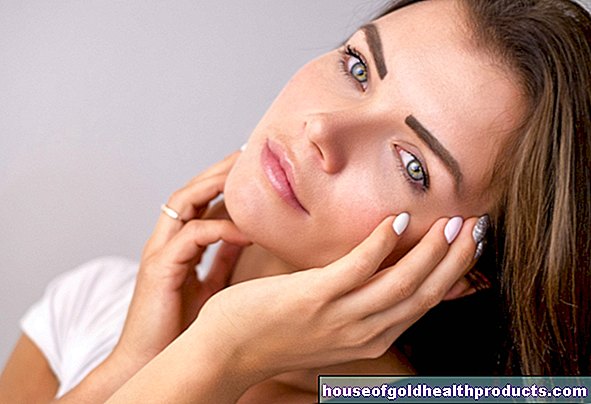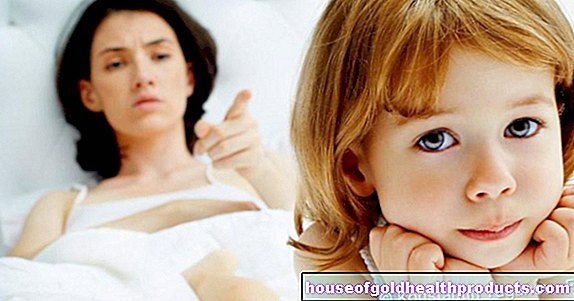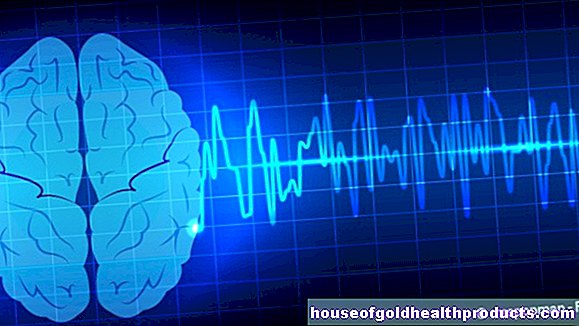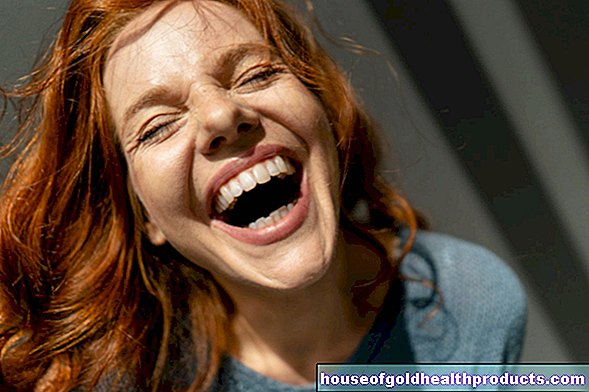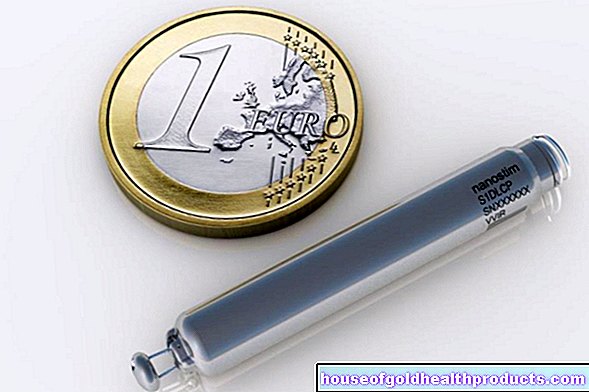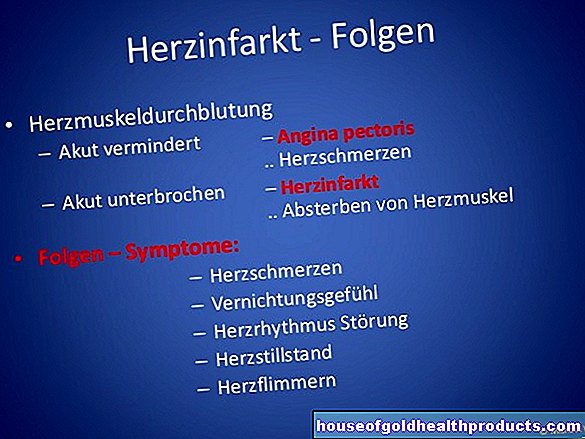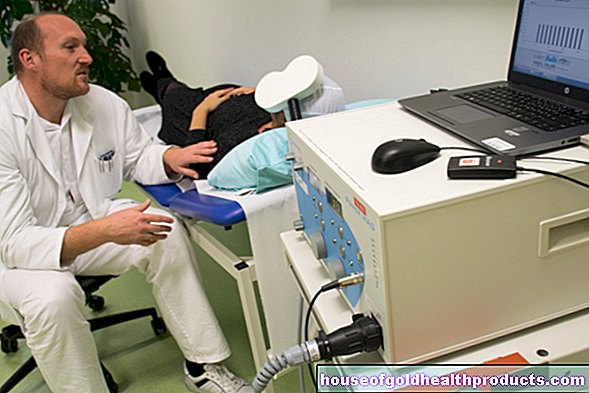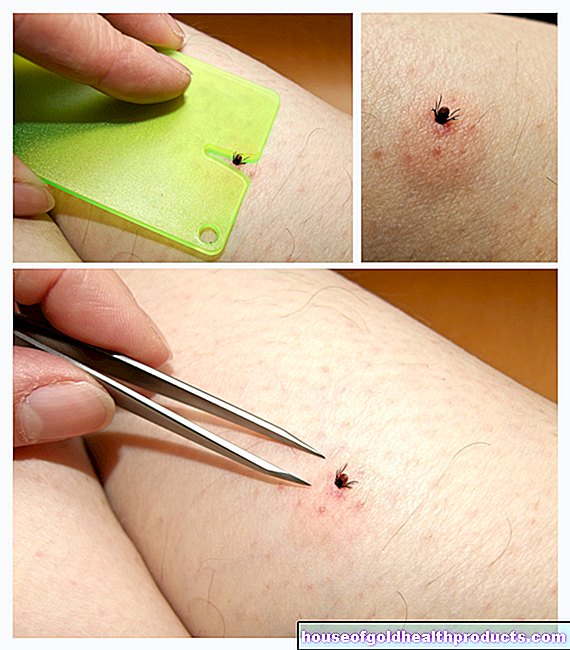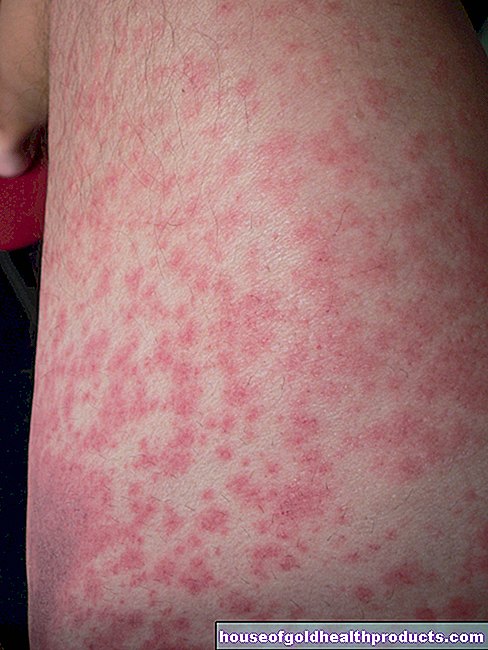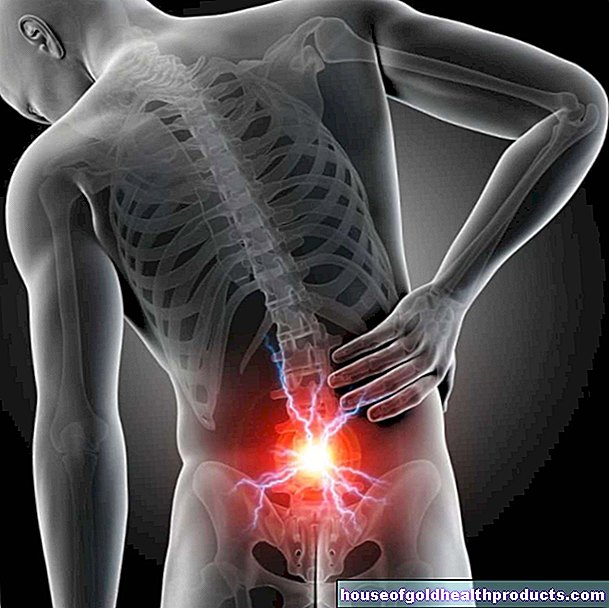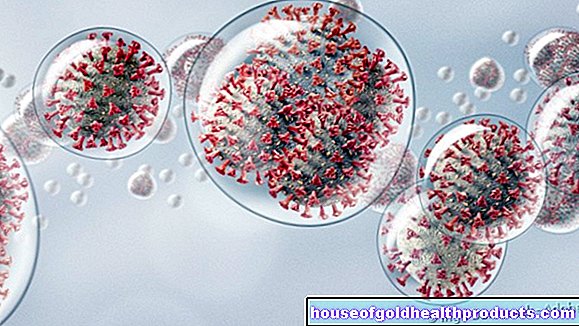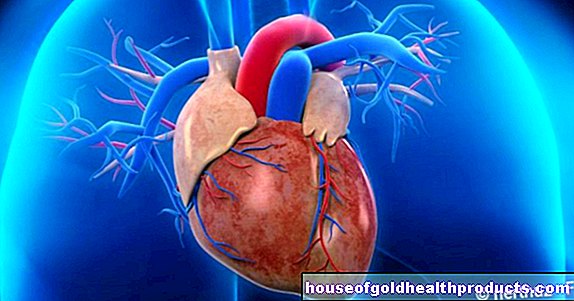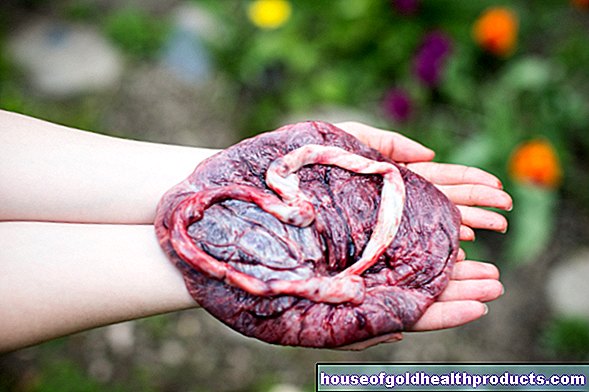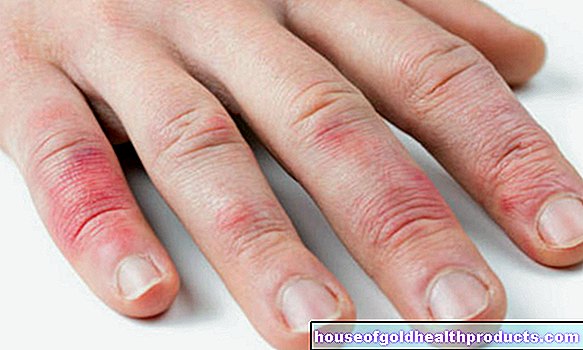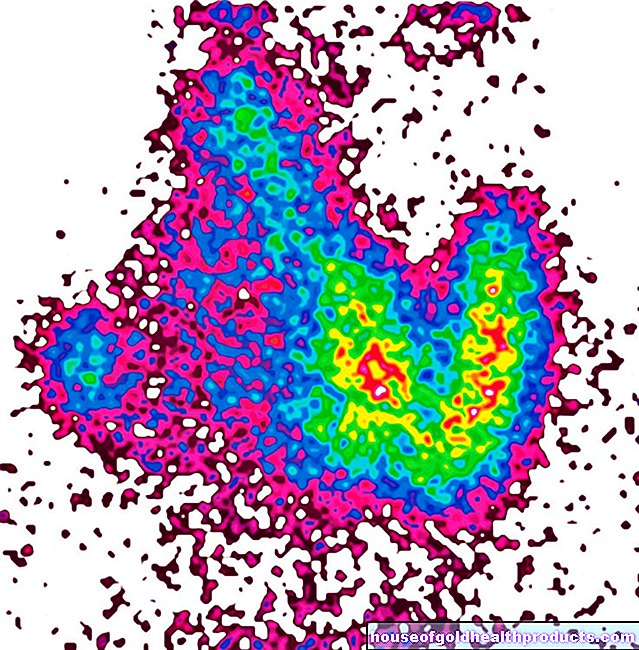Hormone fluctuations disrupt mental balance
All content is checked by medical journalists.Women are more prone to depression than men. Why this is so is not yet fully understood. Among other things, hormone fluctuations could be the reason why women are more unstable during this time. However, this only applies to some women.
American researchers have investigated this question: They interviewed and examined 52 women between the ages of 45 and 60 who were in the transition phase into menopause or shortly after menopause. In doing so, they paid particular attention to the connection between hormone fluctuations, stressful life events and emotional well-being.
Several months under observation
The research team led by Jennifer Gordon from the University of North Carolina determined the level of estradiol and progesterone, which belong to the female sex hormones, in the blood of the participants. They also asked the women about depressive symptoms and stressful life events such as divorce, financial worries, serious illnesses of relatives or abuse. The researchers determined hormone levels and depressive symptoms again after one, eight and 14 months.
Depression from hormone fluctuations and stress
The result: larger estradiol fluctuations within the 14 months were associated with more depressive symptoms. However, only in the women who reported at the beginning of the study to have gone through several stressful life events. This applied to 39 percent of the participants. The hormone fluctuations seem to make women who have already been through stressful life events more sensitive or more susceptible to depression.
"Our results indicate that strong hormone fluctuations during menopause affect emotional sensitivity," the researchers say. In connection with stressful life events, this can lead to depressive moods, they write.
Hormones also play an important role in other phases of a woman's life and can influence well-being. For example, during puberty or after childbirth, hormones can make girls and women feel particularly happy or unhappy. After giving birth, such hormonal changes trigger severe postpartum depression in women. The level of female sex hormones also fluctuates within the monthly cycle and can cause a bad mood or depressive mood that lasts for a few days.
Therapies under discussion
In the past, women during menopause were offered hormone substitution (hormone replacement therapy (HRT)), for example with medication or plasters. Today we know that HRT increases the risk of cancer. It is now only used in cases in which the menopausal symptoms cannot be alleviated in any other way.
Emotional upsets and depression can, if necessary, be treated with psychotherapy or with light medication for depression. (vv)
Source: Gordon, J. et al. Estradiol variability, stressful life events, and the emergence of depressive symptomatology during the menopausal transition. Menopause. Published ahead of print, http://journals.lww.com/menopausejournal/toc/publishahead, Access: November 4, 2015.
Tags: pregnancy drugs nourishment